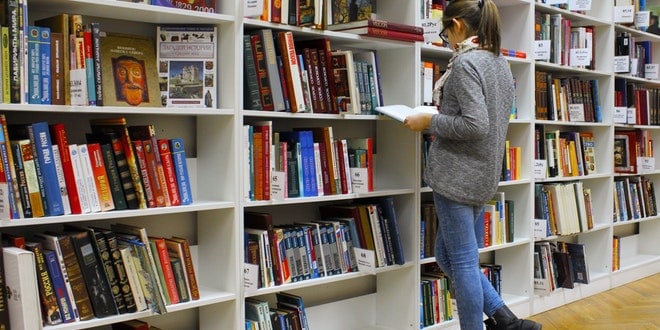Impact of Politics on Education (Nigeria A case Study)

There is a thin line between politics and education and according to Ijov et.al, Politics fashions education and education modifies politics. Because of the relationship, there are impact of politics on education which is discussed in this article. Some of the relationships between politics and education that were mentioned by Ijov et. al include amongst many others:
- Every education system has political goals
- Politics comes before education
- Politics determines the type of education to be adopted
- The education of the youths is probably the most fundamental takes of society
- The political order of society sets the pace for education
- Politics is an aspect of the political needs of the society
This means the political system of a nation influences the educational system of such nation viz-a-viz. And this is why it is believed that no nation can outgrow the quality of its education.
As it is known that politics involves the allocation of scarce social, economic, and cultural resources to individuals, groups, regions, and classes, the allocation that goes into education is politically influenced. For this reason, some nations like Nigeria fail to meet the UNESCO standard on the amount that should be allocated to education because of poor educational policy.
The state of education in Nigeria has been affected by the persistent change in educational policy and poor funding. These two factors came to be because of poor political ideology in Nigeria.
It is no news that most Nigerian politicians often use sustainable development in education as a central manifesto in their campaigns. Instead of their campaign promises on education to yield a positive result, its impact on education was negative.
For example, the friction between the Ogun state governor and the academic staff union of Moshood Abiola Polytechnic between 2017 to May 2019 was solely because of the upgrade of Moshood Abiola Polytechnic into a University of Science and Technology that wasn’t properly thought about and handled by the government. This friction led to a strike which affected the students and the Polytechnic community.
Many politicians have the aim of coming out as the best governor or president and in the process, they commit blunders while introducing policies that may have negative effects on education.
Recently, one of my lecturers told me that the reason why the JAMB cut-off mark was far below 200 in 2017 was politically motivated and was done to favor certain people. Many people speak against this policy but their voices make no difference because it was eventually implemented.
There have been a lot of policies that have been introduced by politicians in Nigeria that have shipwrecked our educational system.
According to Kayode Olu. Ijaduola et.al, the faces, and voices currently leading the education reform movement in Nigeria are appointees and self-proclaimed reformers who, while often well-meaning, lack significant expertise or experience in education.
This is because the appointment or leadership position is politically attained. This has resulted in the following:
- Poor staffing and an inadequate of professionals
- Monetization of the admission process.
- Incessant strike
- Dilapidated facilities for effective teaching and learning.
- Examination malpractice
- Low quality of graduates
Finally, the role of government in the provision of quality education cannot be overemphasized. It is important government place education in the wider context of public service reform, as an essential element in fostering values of openness and democracy.
This can be achieved when people with adequate experience or expertise as educators or scholars attain leadership positions responsible for forming and implementing education policy.
Recommended: Causes of collapse in the standard of education in Nigeria
